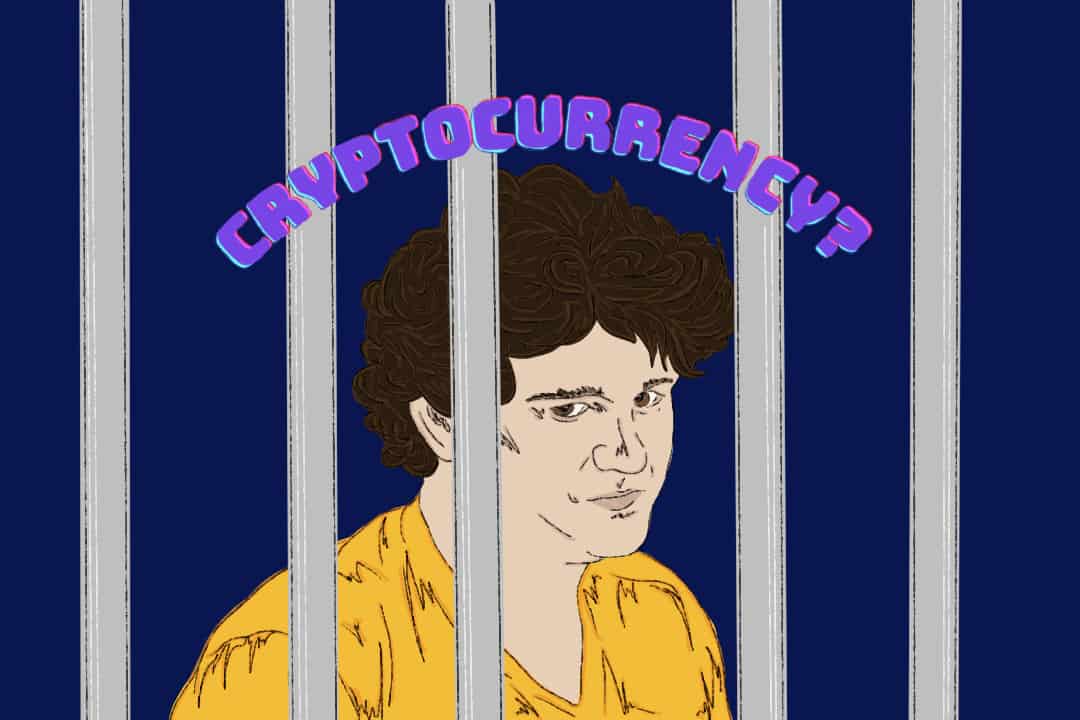2022 was a milestone-filled year all around — and cryptocurrency was no exception. The market underwent dramatic highs and lows, culminating in the now-infamous crash of Futures Exchange (FTX) — a platform for cryptocurrency trading.
Cryptocurrency suffered in 2022
Cryptocurrency is a form of digital currency not associated with a state, bank, or government. These currencies, like any other commodity, rise and drop in value depending on supply, demand, and scarcity. In 2022, the value of cryptocurrencies such as Bitcoin and Ethereum fell by more than 50 per cent from their peak value in 2021, demonstrating the volatility of crypto’s values.
Near the end of 2022, the FTX crash shook the crypto world again. Customers had been leaving FTX in droves out of fear that the company lacked sufficient capital, and the platform’s decline was exacerbated when funds went missing due to an alleged hack.
Earlier this month, FTX’s founder and CEO Sam Bankman-Fried pleaded not guilty to charges of misappropriation of billions of dollars and defrauding customers and investors in companies under his control while illegally handling funds. Bankman-Fried is set to go on trial later this year.
Overall, crypto has had a terrible year, reporting a loss of 1.3 billion USD from its market worth. Investors, crypto giants, and others affected will need to ask themselves: where does crypto go from here?
Is government regulation the way to go?
In the wake of the FTX crash, the government’s role in the crypto market has become a buzzing topic among investors. Currently, in the US, federal bank regulators are warning banks about investing in cryptocurrency, suggesting that stricter regulations will be imposed on crypto trading in the future.
Government regulation would not mean stopping crypto investments in their entirety, but regulations may require more transparency in investment-related financial reporting and impose limits on what kind of crypto assets banks can invest in. Hopefully, such measures may encourage crypto to become less volatile in the future and entice more people, including students, to make smart investment choices.
Furthermore, learning opportunities for crypto investment are scarce. Government regulation may very well be the best way to go as they ensure that there is legal safeguarding surrounding investments in cryptocurrencies and exchange platforms.
True Blue crypto investors
Due to the restricted crypto market in Ontario, the FTX collapse is unlikely to severely affect most students at U of T. However, concerns surrounding crypto can still affect how students invest in the future. The Varsity heard from students who invest in crypto about their reactions to the market’s recent developments.
Khalid al Alami is a fourth-year student specializing in Industrial Relations and Human Resources, and is experienced in investing. Al Alami noted how volatile the returns on crypto investments can be. “As a passive investor who has a lower risk tolerance, I have been hesitant towards investing in cryptocurrencies and digital assets,” they wrote in an email to The Varsity.
Al Alami believes governments’ responses to the FTX crash will set a precedent for tighter regulation of the crypto market in the future — a possibility that investors are watching closely.
“It is clear that crypto is here to stay regardless of the number of financial scandals that [it may] occur,” they wrote.
Regardless of the risk associated with crypto, not all students have been deterred from investing. Jonathan Fan is a fourth-year kinesiology student with experience trading crypto futures — a trading agreement where the buyer and seller agree to trade on a predetermined date. “The FTX crash definitely made crypto investing less attractive than it already was,” wrote Fan in an email to The Varsity.
According to Fan, trading futures allow investors to avoid losses from the crash. He sees the events of 2022 as a teachable moment for investors, demonstrating the danger of investing in something you don’t understand.
This is not the end of crypto
Despite the recent controversy, some banks are continuing to invest heavily in cryptocurrency. Recently, Goldman Sachs voiced plans to put millions of dollars into buying or investing in crypto banks. Regan Tan is a third-year computer science student with experience in trading cryptocurrency. “It is important to understand that before Goldman Sachs publicly announced their investments into cryptocurrency projects, countless directors and high-ranked executives [at Goldman Sachs] already had strong ties to major cryptocurrency market leaders,” wrote Tan in an email to The Varsity.
Crypto is certainly not going away any time soon. As we prepare for the future, this past year’s lesson is that financial literacy in cryptocurrency is essential for students as the market continues to expand. “The crash taught people that you must understand what you are investing in and be fine with what you lose in the market,” Fan wrote. By understanding how cryptocurrencies work and what the future holds for crypto, individuals and organizations can make better personal and business decisions with regard to crypto.


